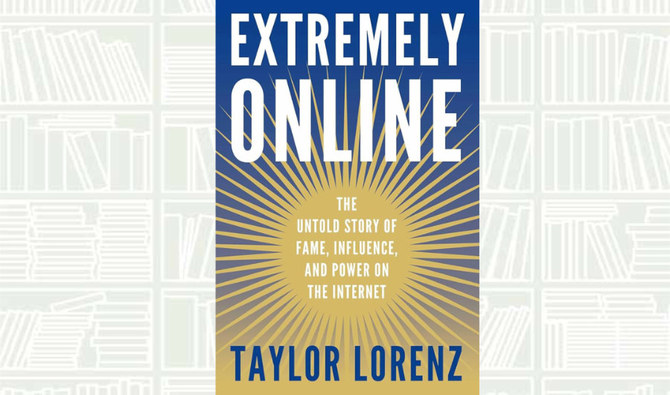Everyone assumes the internet is “forever” but, is it? One person who knows how much the internet is both permanent and fleeting is technology journalist Taylor Lorenz.
Her 2023 book “Extremely Online: The Untold story of Fame, Influence, and Power on the Internet” is a compilation of a grassroots effort that simultaneously encouraged people to be brands and become members of a community.
In about 300 pages, Lorenz showcases a sample of the rise and fall of internet personalities who shifted the culture. Wildly popular platforms like MySpace or Tumblr were abandoned one day without notice, and previously unknown personalities became household names overnight. So, what’s the story?
Lorenz captures the fleeting trends and the forgotten history of the tangled webs within the World Wide Web. She sprinkles in thoughtful, original reporting, something she has been doing for the last decade for outlets including the Washington Post and New York Times. She is a reliable narrator who is both a witness and a participant.
Lorenz is archiving what many in legacy media deem frivolous — the TikTok dancers and the Instagram famous. But with equal fervor, she also documents citizen journalists in war zones who use smartphones to amplify what is happening on the ground. Social media has become the newsfeed many currently rely on, from boomers to gen-alpha and everyone in-between.
For this, Lorenz went back in time. Not only to the mommy bloggers of the early aughts — who she credits for being pioneers in the content creators’ economy — but even earlier than that.
Lorenz explained that even before Facebook ranked trends and algorithms measured the metrics that labeled you worthy of visibility or not, the elite of 1800s New York society were put in a chokehold over anonymously-written “it” lists. The originators of the lists, it was discovered, were people who were not famous. This has, Lorenz says, inspired many books and shows such as cult classics “Gossip Girl” and, more recently, Netflix’s “Bridgerton.” In many ways, history has been repeating itself on different platforms.
Lorenz’s “Extremely Online” is like a series of screenshots — or digital receipts — that document the internet from dialup to smartphones. This book attempts to cover nearly two decades of internet history.
It might just keep you offline long enough to read it.
















